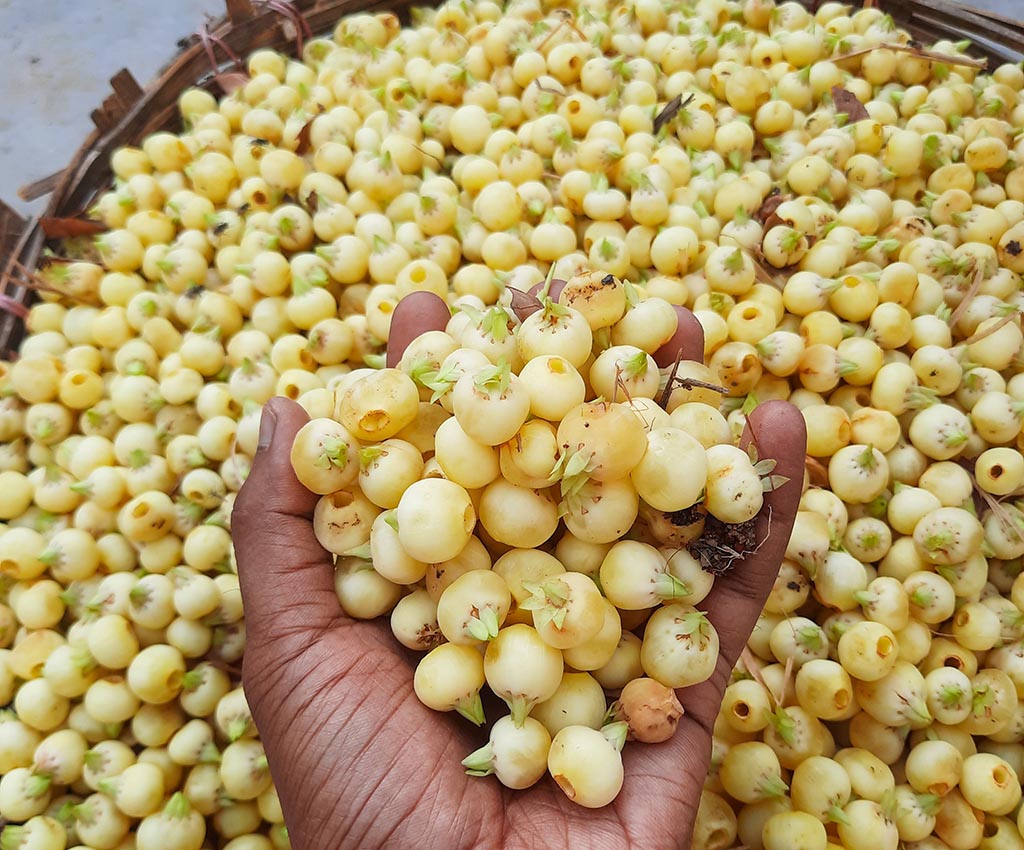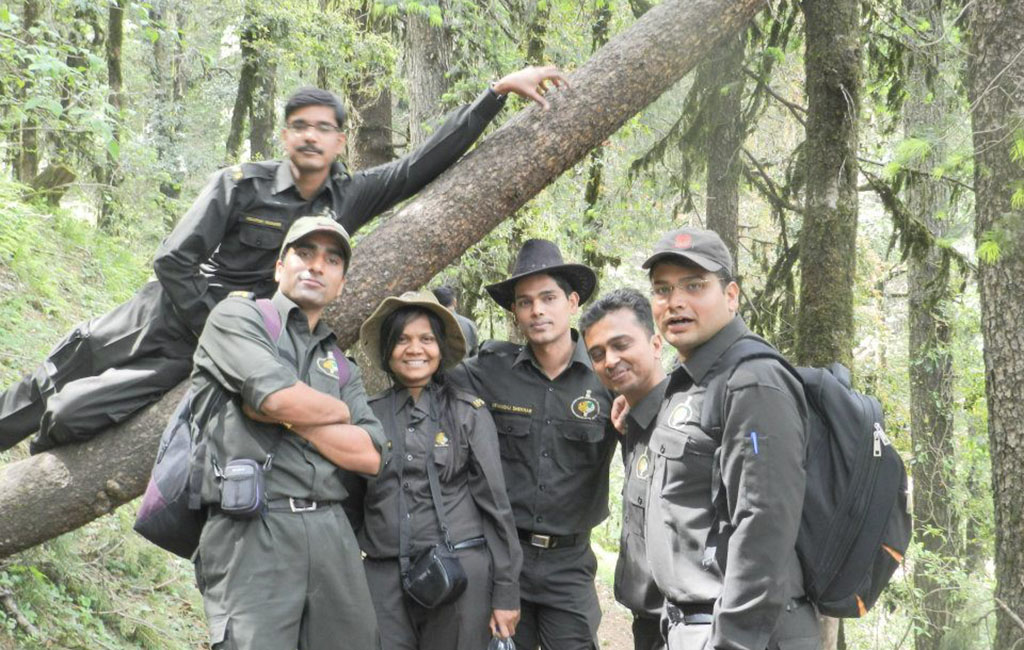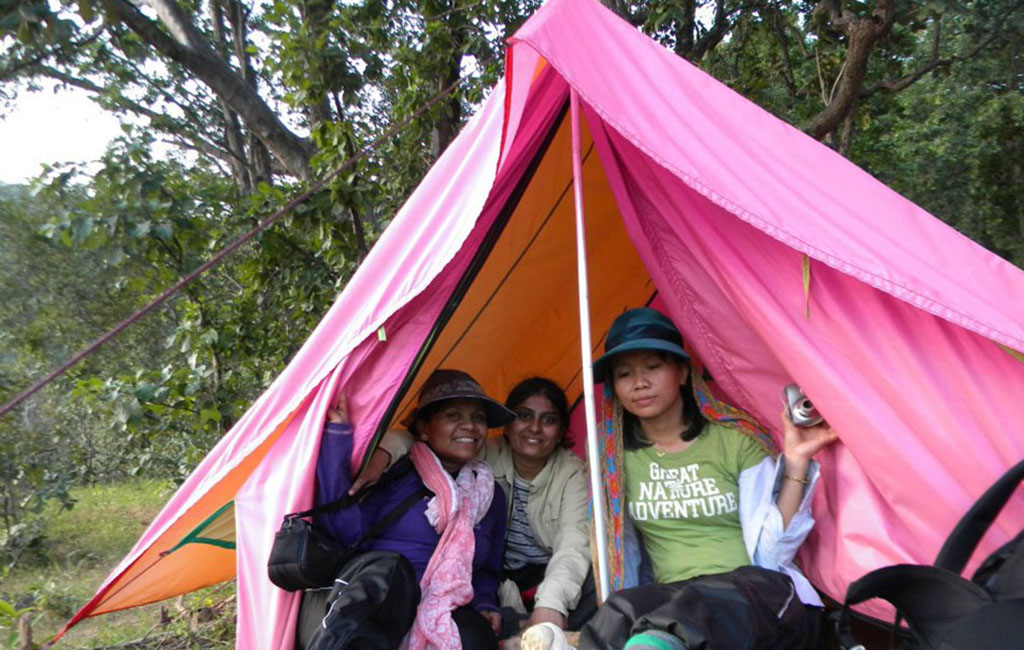As a forest officer there are other challenges too. Encroachment on forest land is a problem. To deal with this sensitive issue, I have to make people understand, but it is sometimes tough.
Most of the time, however, I’m deep inside the forests. In Narayanpur, a sensitive forested district, I had to travel on motorbikes with forest guards.
But my work has its perks too.
I recently met the popular Bollywood actor Akshay Kumar while he was shooting in my division. It was a memorable experience.
Earlier I got to meet the actors Rajkummar Rao and Sanjay Mishra. Sanjay was so down to earth.
In my spare time, I go on treks, though not as often as I did during my training at the Indira Gandhi National Forest Academy in Dehradun.




